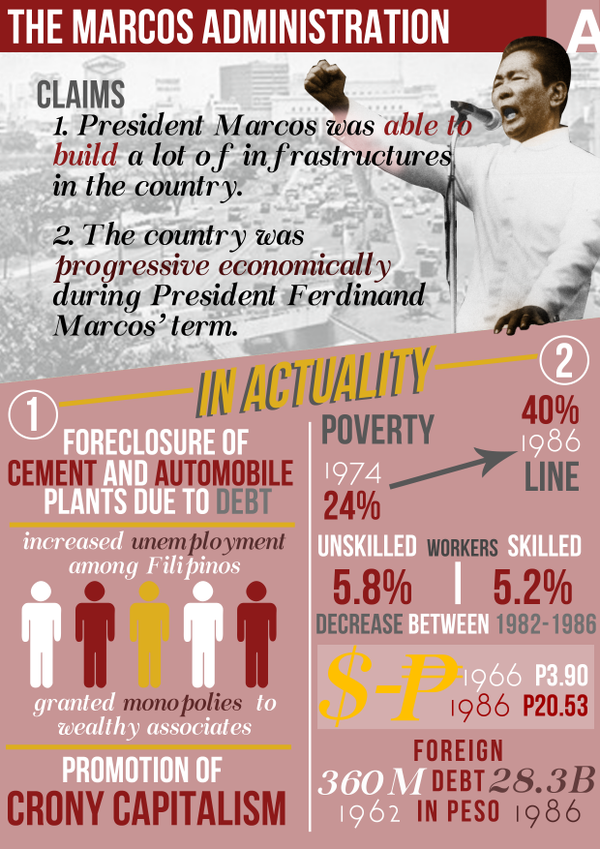Exploring The Rich Heritage And Spiritual Dimensions Of Martial Arts: An Extensive Exam
Exploring The Rich Heritage And Spiritual Dimensions Of Martial Arts: An Extensive Exam
Blog Article
Material Composed By-Lauridsen Francis
Enter the old globe where martial arts were substantiated of necessity in diverse areas. Societies crafted distinct fighting styles linked with historical contexts. Strategies evolved over centuries with devoted method and social exchanges. Today, contemporary martial arts mix traditional elements for optimal effectiveness. Philosophically, martial arts highlight technique, self-improvement, and harmony. Respect, humbleness, and balance are foundational concepts guiding practitioners in the direction of development and durability. Discover the depths of this rich background and ideology to discover the extensive impacts forming this long-lasting technique.
Beginnings of Fighting Style
Martial arts originated in various regions around the globe, progressing as useful battle systems to resist threats. These old battling designs were created out of need, with each culture crafting techniques fit to their one-of-a-kind atmospheres and difficulties. From the grappling arts of Jujutsu in Japan to the striking methods of Martial art in China, martial arts were deeply linked with the historic, social, and cultural material of their particular cultures.
In Japan, the samurai course polished martial arts like Kenjutsu, the art of the sword, which later advanced into the much more popularized kind of Kendo. Meanwhile, in Brazil, Capoeira emerged as a blend of dance and fight, developed by enslaved Africans as a means to resist fascism. Each martial art brings with it an abundant history and philosophy, mirroring the values and ideas of individuals that exercised them.
As you delve into the origins of martial arts, you discover a tapestry of human resourcefulness, strength, and the unrelenting spirit of warriors throughout time.
Development of Techniques
Via centuries of practice and refinement, combat methods within numerous martial arts have undergone an extensive evolution. From old styles like Martial art and Karate to much more modern-day disciplines such as Brazilian Jiu-Jitsu and Krav Maga, the evolution of methods has been driven by a combination of social influences, useful applications, and technological improvements.
One substantial aspect of this development is the cross-pollination of strategies in between different martial arts. For instance, techniques from conventional Japanese Jiu-Jitsu were included right into the creation of Judo by Jigoro Kano in the late 19th century. This blending of styles has actually caused the advancement of hybrid martial arts like Mixed Martial Arts (MIXED MARTIAL ARTS), which incorporate components of striking, grappling, and entry strategies.
In addition, the development of strategies has been formed by the increasing emphasis on efficiency and efficiency in battle. Professionals have continuously looked for to fine-tune their strategies via rigorous training, testing, and competitors, bring about the advancement of extremely specialized and efficient fighting styles. Generally, the development of strategies in martial arts reflects the dynamic nature of combat and the continuous mission for improvement and advancement.
Thoughtful Foundations
Discovering the underlying philosophical principles of martial arts gives insight into their core worths and directing beliefs. At the heart of numerous martial arts disciplines is the concept of discipline itself. By educating your mind and body to work as one natural unit, you grow technique that expands beyond the dojo or gym right into daily life. This technique includes respect, humility, and self-constraint, shaping not simply your physical abilities yet additionally your character.
One more essential philosophical structure in martial arts is the concept of constant self-improvement. visit the following internet page of understanding a fighting style is perpetual, with specialists constantly making every effort to much better themselves, both physically and psychologically. This focus on growth fosters resilience, determination, and a development mindset that can be put on all facets of life.
Additionally, martial arts stress the relevance of consistency and equilibrium. Strategies are designed to utilize an opponent's energy against them, highlighting the principle of generating and redirecting pressure rather than satisfying it head-on. This philosophy reaches social relationships, advertising relaxed resolutions and mutual understanding. By accepting https://best-martial-arts-for-adu65421.thelateblog.com/28168672/increase-your-child-s-development-via-martial-arts-lessons-to-enhance-their-physical-toughness-focus-and-ability-to-recuperate-from-obstacles , martial musicians not only improve their fight skills however additionally grow a way of life centered on personal growth, respect, and harmony.
Final thought
Finally, the history and viewpoint of martial arts offer an abundant tapestry of tradition, self-control, and self-improvement.
Take for example the tale of Bruce Lee, that changed martial arts by mixing different styles and philosophies to produce his own distinct kind of Jeet Kune Do.
Through commitment and technology, martial artists remain to press borders and motivate others to reach their full possibility both in combat and in life.
